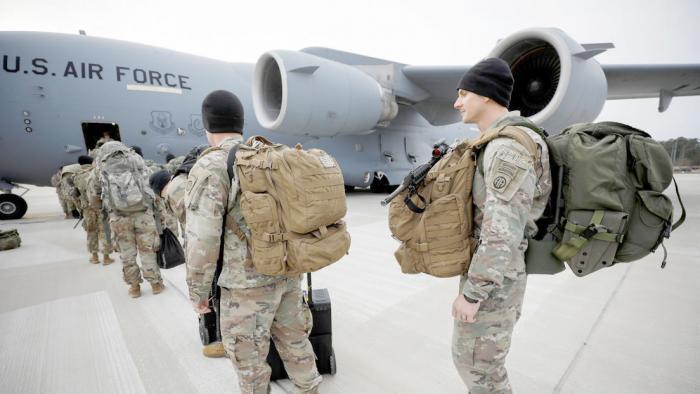
With the fall of the USSR and the disappearance of the socialist camp in Eastern Europe, the great capitalist powers saw before them the opportunity to take over, without opposition, the markets and wealth of the planet.
The United States was left as the great hegemon of a unipolar world, based on rules imposed by them, the people chosen by God, protector and defender of legality, freedom and democracy.
In those years, Francis Fukuyama proclaimed in his book The End of History and the Last Man, the victory of capitalism, while the empire's think tanks created new war strategies to defeat their adversaries in all the “dark corners of the world”.
They theorized and put into practice two ways of doing so: by using the overwhelming power of technology and force, causing “shock and awe,” or by asymmetric wars.
Institutes such as the Albert Einstein Institute, an organization “founded” by Gene Sharp in 1983, or the Centre for Applied Nonviolent Action and Strategies (Canvas) dedicated to the study and promotion of “nonviolent action” to “democratize” the world, became an essential part of the new creed.
Meanwhile, the Project for a New American Century, the neoconservatives' flagship document for extending the U.S. empire, based its principles on the use of “preventive war on a global and permanent basis”.
To achieve this, it was necessary to enter new theaters of war with overwhelming technological superiority against countries that were weak but strategically valuable to the United States.
The doctrine created by Paul Wolfowitz, former undersecretary of the U.S. Department of Defense, is still of great importance and has largely shaped the course of current events on the planet. The thesis of the Yankee politician was, in essence, that Washington should maintain its status as the world's only superpower after the disintegration of the Soviet Union.
Any opposition to the achievement of this objective would be considered a national threat. The Wolfowitz Doctrine recommended bringing NATO closer to Russia's borders, extending its armies to the East.
However, they did not count, in their arrogance, on the rest of humanity. The People's Republic of China and the Russian Federation lead a group of countries that propose another way of building the coexistence of nations, through collaboration, respect, multipolarity and peace.
On the other hand, practice has shown that imperial armies, designed to massacre villagers, destroy cities and storm unarmed villages, are incapable of winning in the new war scenarios.
Nor were the so-called unconventional wars as successful as expected. The initial triumph achieved in divided nations, with weakened leaderships, for a number of historical, social and political reasons, was followed by resounding failures in countries with genuinely popular governments, such as Nicaragua, Venezuela and Cuba.








